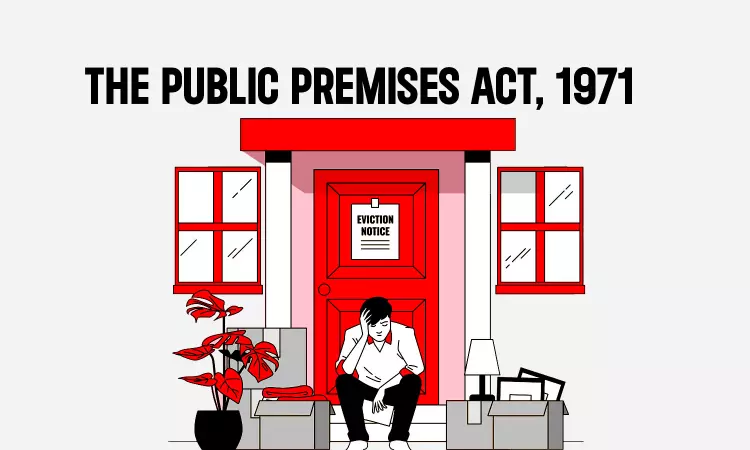"Navigating The Public Premises Eviction Maze: A Comprehensive Guide To The 1971 Act"
Jayani Banerjee
20 Aug 2024 11:37 AM IST

Next Story
20 Aug 2024 11:37 AM IST
The Public Premises (Eviction of Unauthorised Occupants) Act, 1971, commonly referred to as the Public Premises Act, is a crucial piece of legislation that governs the eviction of unauthorized occupants from public premises in India. This Act is particularly significant for governmental bodies, public sector undertakings, and other entities where premises are owned, leased, or controlled...
